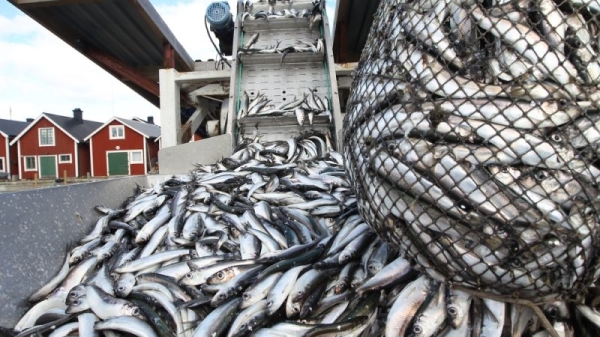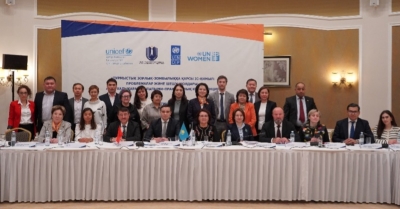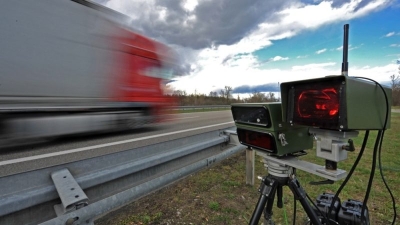EU strikes provisional deal on new fishing control rules

EU lawmakers have reached an agreement on the most significant overhaul of the bloc’s fisheries monitoring rules in a decade, marked by the contentious relaxation of rules on misreported fish catches.
In the first minutes of Wednesday (31 May), the EU Council and the European Parliament announced the much-awaited agreement on the revision of the fisheries control system – a set of rules monitoring fishing operations in EU waters and the EU fleet globally, in place since 2010.
The deal arrived during the 12th round of interinstitutional negotiations – known as ‘trilogues’ – between the Council and the European Parliament, with the presence of fisheries Commissioner Virginijus Sinkevičius and Director-General of the Commission’s Maritime Affairs, Charlina Vitcheva.
The Commission’s proposal to modernise the fisheries control system under the Common Fisheries Policy (CFP) was unveiled in May 2018 and represented the largest overhaul of fisheries legislation in a decade.
The reform included some new features such as electronic tracking systems, digitised recording of catches, and rules for recreational fishers.
However, negotiations between EU lawmakers to amend the Commission’s proposal took roughly five years to glide into port.
Clara Aguilera, Spanish socialist MEP and rapporteur of the file, told EURACTIV that she is ‘happy’ with the ‘best possible deal’ after leading the negotiations on the Parliament side for four years.
Despite celebrating a ‘balanced’ agreement, she admitted that this “is not an easy or friendly regulation” and that “the issue of control in general always worries us.”
Aguilera also said that she expects the text to be approved by the fisheries committee (PECH), but not with an ‘absolute majority’.
The agreement includes monitoring systems (VMS) and electronic recording of catches for all vessels, remote electronic monitoring tools to ensure compliance with the landing obligation, and increased traceability along the supply chain.
In addition, it sets a minimum level of administrative financial penalties to overcome the current differences between member states sanctioning systems, as well as more regulation required for recreational fisheries.

Stalemate over misreported catches persists in fisheries control revision
EU lawmakers seem closer to an agreement on the most significant overhaul of EU’s fisheries monitoring rules in a decade despite the Commission’s opposition to relaxing rules on misreporting fish catches.
The text also includes new rules on the margin of tolerance – or the allowable amount of misreported catches – which became the main bone of contention in the final negotiations.
While the general margin of tolerance – the difference between the estimate of the fish caught and the result of the weighting in the landing port – will remain at 10% per species, EU lawmakers have pushed to include exceptions and loosen the margin for certain species – most notably tropical tuna.
For example, an expanded margin of tolerance for smaller amounts of fish and for tropical tuna fisheries was granted under strict conditions, such as the use of designated ports with heightened checks.
For Sean Parramore, Senior Adviser at the campaigning group Environmental Justice Foundation, “the final deal is not perfect and allows for an expansion of the margin of tolerance, though in a more limited manner than was initially proposed by EU Member States.”
He pointed out that “the deal adds safeguards to limit negative impacts from a larger margin” and that, “if properly implemented, this should mean that errors in catch reporting on vessels can be corrected in port.”
Read more with EURACTIV




